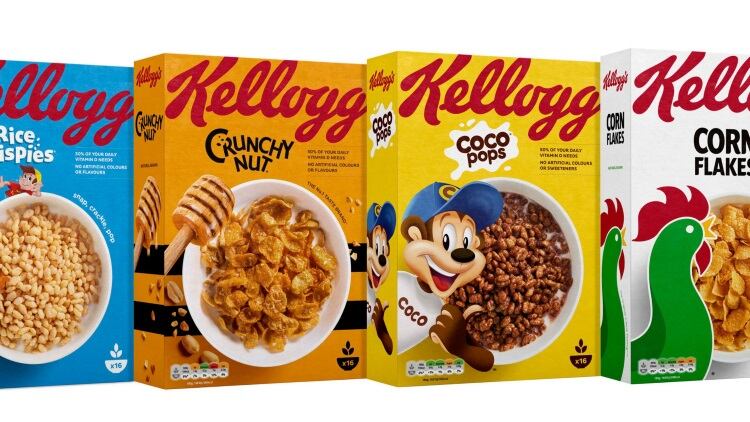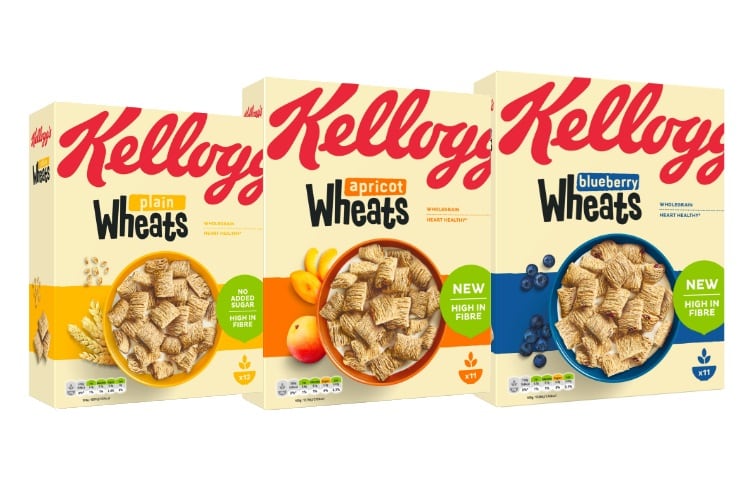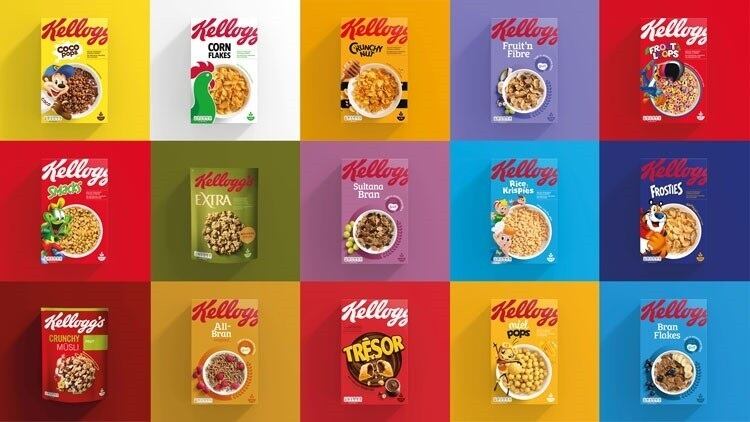“There is no question that today’s business environment is as challenging as we’ve ever seen it,” Kellogg chairman and CEO Steve Cahillane told analysts and the media on an earnings call.
“Our organisation has risen to all of these challenges using creativity, skills, and work ethic to manage through them. We remain focused on keeping our employees safe and aiding our communities is more important than ever. We also continue to supply the world with food. But as we and all companies have discussed previously, this has gotten extremely challenging.”
He conceded the company is facing one challenge that is possibly more dire that others.
“That’s our cereal business, and that’s obviously being compounded because of the strike,” said Cahillane. Cereals accounted for around 40% of Kellogg’s net sales last year.
Around 1,400 workers across four of its US cereal plants went on strike on 5 October over alleged unfair pay and benefits. This means the plants are not operating at full capacity, raising concerns of possible shortages of some of America’s popular cereals.
The US packaged food maker submitted a revised ‘Last Best Final Offer’ on 3 November, but this was immediately rejected by the Bakery, Confectionery, Tobacco Workers and Grain Millers (BCTGM) International Union, which refused to place it before the employees for a vote.
The Corn Flakes and Froot Loops maker said the labour and supply issues could mean its fiscal 2021 adjusted profit growth forecast would be at the low end of its 1%-2% range, adding the cost inflation was the highest the company has “seen in a decade or more”.
Continued balanced growth
Despite the operating challenge, Cahillane said the company “continues to deliver”.
He noted consumption growth remains elevated, along with share performance of many of its biggest brands. He also highlighted strong momentum in emerging markets, an extended geographic footprint, the efforts to broaden the company’s portfolio at affordable price points, and the strength of its route-to-market and supply chains.
“From a financial standpoint, these factors led to continued balanced growth. Strong organic net sales growth. Strong operating profit growth. Strong earnings per share growth. And cash flow that remains well above pre-COVID 2019 levels.”
Kellogg’s third quarter 2021 net sales increased 5.6% year-on-year, from $3.4bn to $3.6bn, driven by positive price/mix in all regions, and strong growth in emerging markets like Africa, Russia and Brazil.
Organic net sales for the same period rose 5.1% to $3.6bn.
Despite high costs and economy-wide supply challenges, operating profit in the third quarter increased 9.1% to R447m versus $411m in the year prior.
Adjusted operating profit rose 12.2% to $449m from $400m.
As such, the Michigan-based company raised its full-year guidance for net sales “to reflect momentum in the business” – assuming a “reasonable conclusion” to the strike – of 2%-3%, up from its prior 0%-1% range.
“That we could deliver strong third-quarter results and reaffirm our full-year earnings guidance in this environment is a testament to our strategy, our portfolio and our people,” said Cahillane.
“These business conditions do not get any easier in the fourth quarter, especially with the added challenge of a current labour disruption. However, our underlying business momentum remains strong, particularly for our biggest snacking and frozen foods brands, and for our businesses in emerging markets.
“And we will continue to navigate through the various supply challenges, with an eye to sustaining balanced financial growth over time.”
‘Psychologically safe’
Meanwhile, across the pond, Kellogg’s UK has announced it will give staff fertility, menopause and miscarriage leave.
The measures will be available to all of the company’s 1,500 workers at its factories in Trafford and Wrexham, as well as its Salford headquarters.
The company said the new policies aimed for 'even better equity and inclusion'.
VP of Human Resources Europe Sam Thomas Berry added, “Many people experience these issues, and the impact can be both physical and mental, but they aren't discussed widely in the workplace.”
“We want to create a culture where people feel psychologically safe, so we'll encourage colleagues to be allies to others impacted by these issues.”





